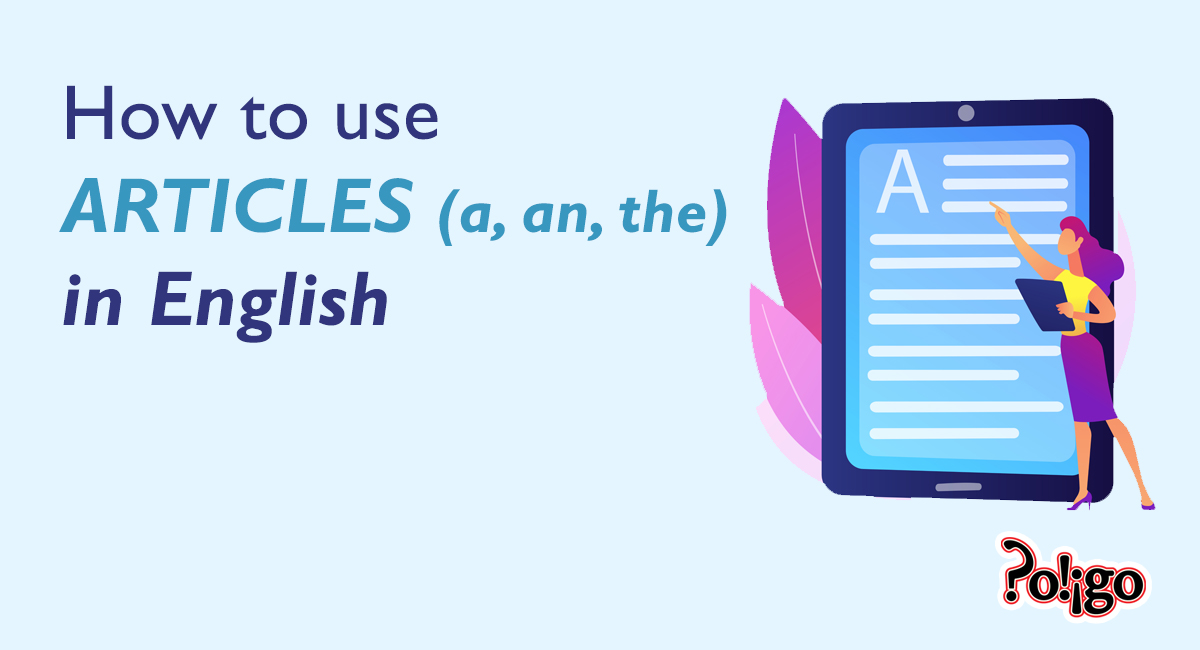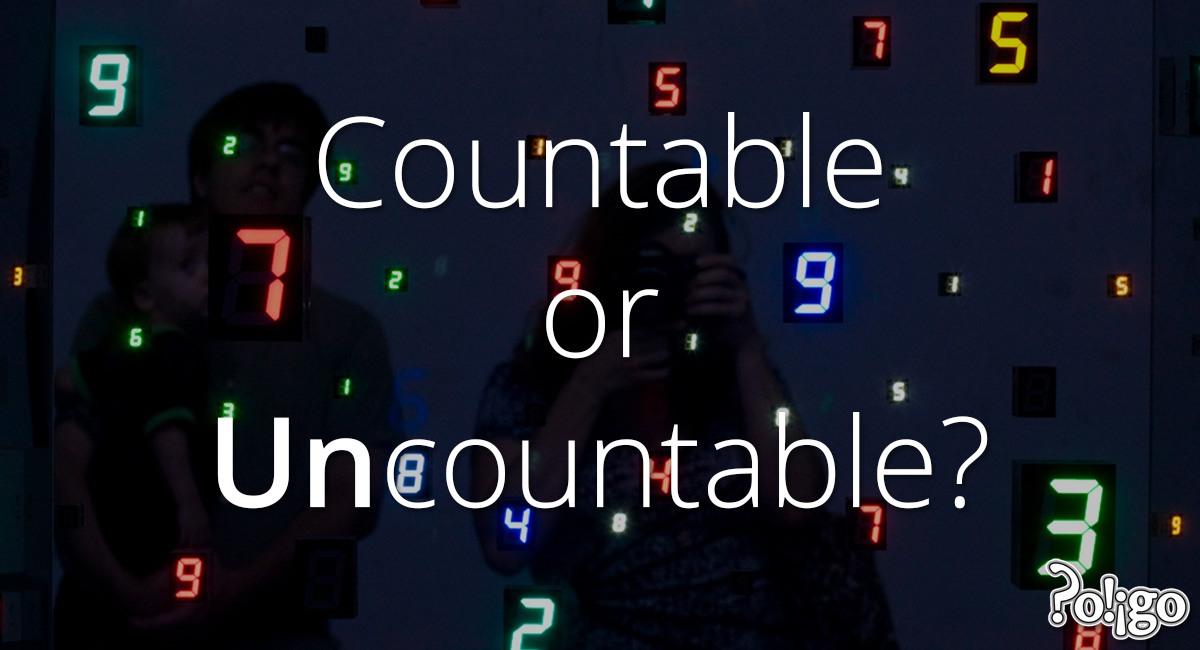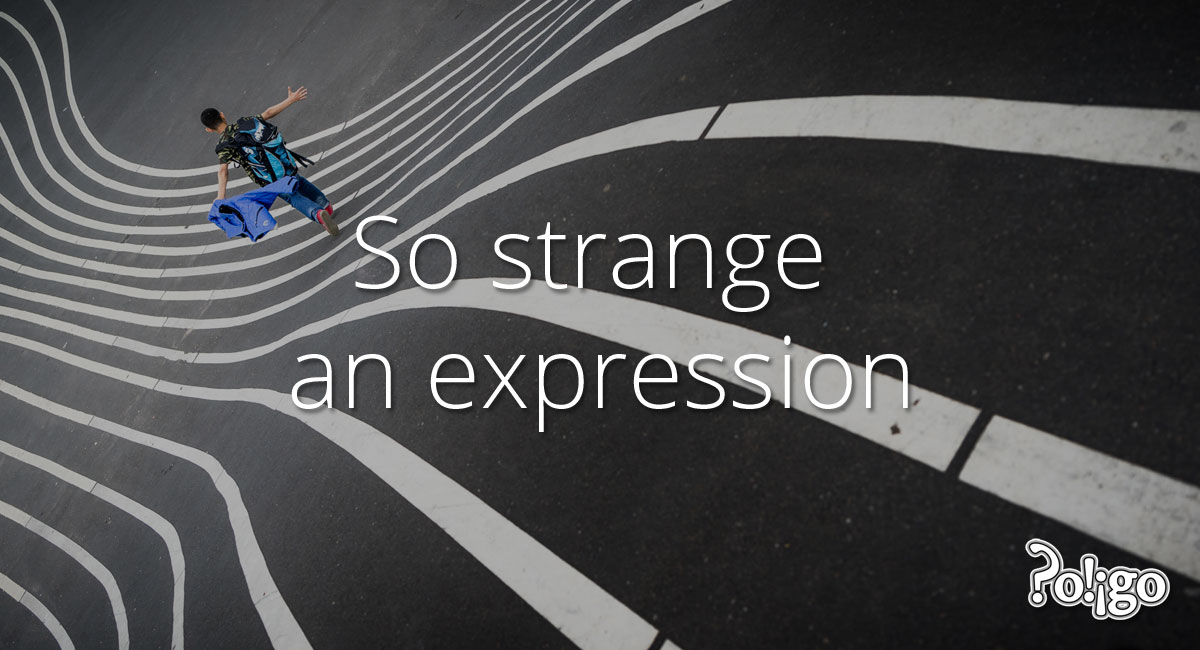
To avoid repeating yourself, you can use ONE when you are talking about a singular countable noun or ONES when you are talking about a plural countable noun. But it has to be clear from the situation what you are talking about.
- I asked for a glass, but they did not have one.
- I broke my glasses so I will have to buy some new ones.
- I like those shoes, but let's buy THESE ones.
With uncountable nouns we use SOME, ANY or nothing:
- I asked for beer, but they did not have any.
- If you need some more money, I can lend you some.
- Apple juice is cheap, but orange is expensive. (Nothing after 'orange')
You have to be specific about which ONES you mean. Check these examples:
- I broke my glasses so I will have to buy some NEW ones.
- I like those shoes, but let's buy THESE ones.
- My car is the red one.
Words like NEW or THESE specify which ones you mean. If you do not specify which ones (i.e. you do not describe which ones with an adjective etc.), you should use SOME:
- I broke my glasses so I will have to buy SOME.
- I like those shoes. I think I will buy SOME.
We can use one with adjectives, but in that case we need to use a:
- I'd like to buy a house. If I can afford it, I'll get a big one.
If you drop the adjective, you need to drop a:
- I'd like to buy a house. If I can afford it, I'll get one with a lot of space.
- A very important point about using "one" is that it is referring to an indefinite thing.
- "One" is to "it" as "a" is to "the".
- You cannot use "one" to replace a definite thing, like "the car" or "my bike", or a proper noun, like something's name (e.g. "Sony"). In the definite case, you need a pronoun, like "it". Compare: "I need a pen. Do you have one?" and "The car broke down. I need to take it to the mechanic."




